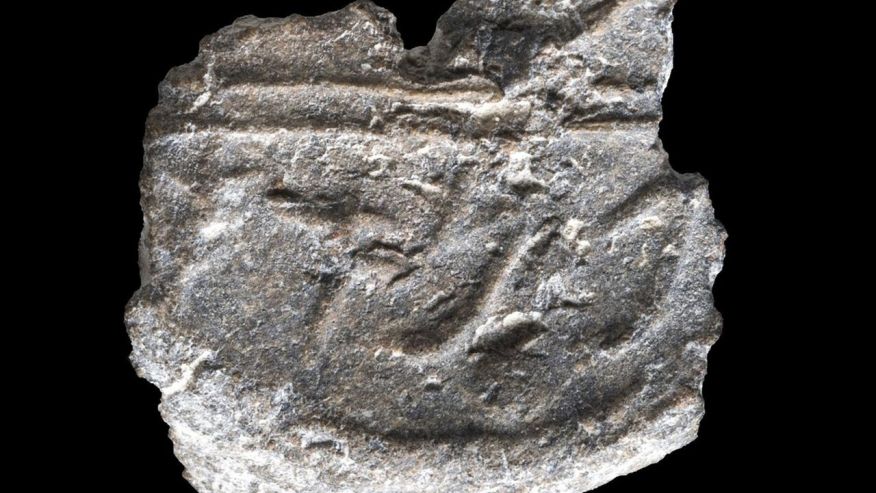Information
Ancient deal-makers: Archaeological find sheds light on Biblical kingdom
Long before anyone licked the gum on an envelope, people used seals to ensure that their letters weren’t opened until they reached their recipients. If the seal was broken before it reached its destination, it indicated that someone had opened it.
Now an archaeological dig in Israel’s City of David National Park, in the area of the walls of Jerusalem, has unearthed a collection of small clay seals that prove that the practice of using seals to ensure the privacy of a message goes back more than 2,700 years.
Some of the seals display pictures — each one apparently representing a clerk who wrote the letter or indicating the general contents of the message. Others bear the names of the clerks themselves, in Hebrew script.
4,300 YEAR-OLD STATUE HEAD DEPICTS MYSTERY PHARAOAH
Though the fire that consumed Jerusalem at its destruction destroyed the letters, it actually preserved the pottery-like seals.
The seals “[bear] witness to the developed administration of the city in the First Temple period,” according to Ortal Chalaf and Dr. Joe Uziel, directors of the excavation for the Israel Antiquities Authority.
“In later stages of the period — from the time of King Hezekiah (around 700 BCE) and up to the destruction of Jerusalem in 586 BCE — the seals bear the names of clerks in early Hebrew script. Through these findings, we learn not only about the developed administrative systems in the city, but also about the residents and those who served in the civil service.”
One seal, bearing the name “Achiav ben Menachem,” has drawn particular interest, because the names “Menachem” and “Achiav” are known in the context of the Kingdom of Israel. Menachem was an Israeli king, and though the name “Achiav” does not appear in the Bible, it resembles “Achav” — Ahab — the king of Israel in the tales of the prophet Elijah. The name also appears in the Book of Jeremiah.
BABYLONIAN MYSTERY SOLVED: 3,700-YEAR-OLD 'INDIANA JONES' TABLET REVEALS ITS SECRETS
“These names are part of the evidence that after the exile of the Tribes of Israel, refugees arrived in Jerusalem from the northern kingdom and found their way into senior positions in Jerusalem’s administration,” Chalaf and Uziel said.
The stamps will be exhibited to the public on Sept. 7 at an annual archaeological conference in the City of David National Park.
Category: English
News
Information
Key words:

